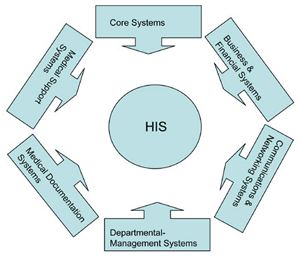Research in IT - coming lecture topics
The lecture topics of coming Research in IT are: Rupp and Smith (2002) "Mobile commerce: New Revenue machine or black hole?" Pan, M. and Mao, J.Y. (2008) "Chapter 3: The current state and future directions of the mobile technologies and business in China" Trends in Mobile Technology and Business in the Asia-Pacific Region. Alshawi, Missi and Eldabi (2003) "Healthcare information management: the integration of patients' data" Logistics Information Management , Vol 16(3/4)
